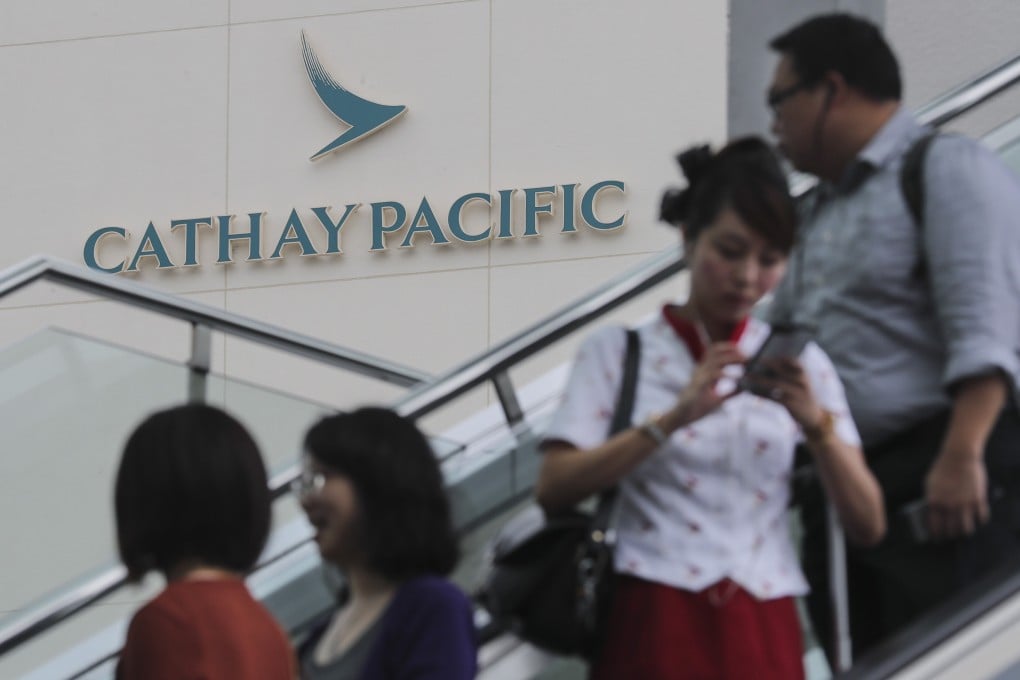Cathay Pacific snubs union over pay talks and says it will contact staff directly, in move flight attendants’ group calls ‘greatest setback’ in a decade
- Airline calls the bargaining process an outdated practice stemming from the 1970s that is no longer relevant
- Union, with more than 6,000 members, accuses Cathay of setting a bad precedent for all companies

In response, the union, which represents more than 80 per cent of existing staff, called the move its “greatest setback” in a decade.
The airline’s management said it would engage with employees directly through digital communication platforms, adding it would no longer recognise the “old fashioned confrontational legacy practices” of the past.
“The time has come to move on from outdated practices [of union-led labour negotiations] that were designed back in the 1970s, which are simply not right or relevant for the modern world,” Jeanette Mao, the airline’s general manager of in-flight service, said in an internal video.

03:43
Cathay Pacific Airways announces its largest job cuts in history
She also accused the union of working with outside groups to the detriment of the company.